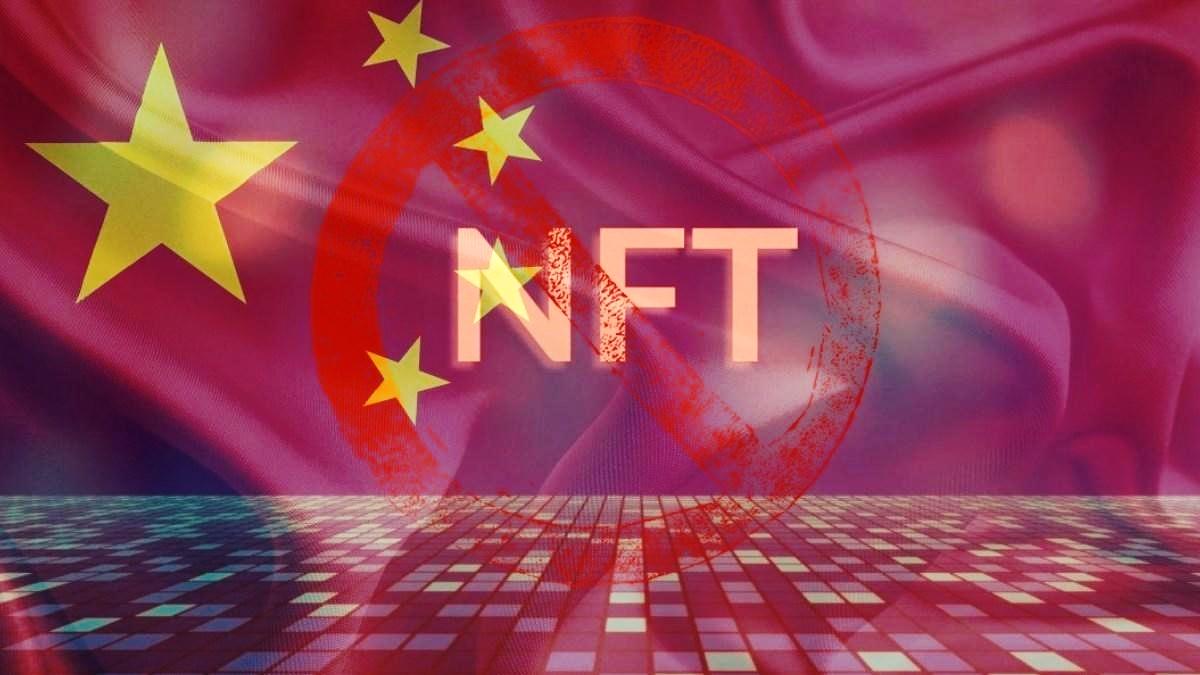More On: nfts
Why Jim Cramer suggests purchasing bitcoin or ethereum, with one exception
Shares of Coinbase fall 11% because of a hot report on inflation
Millionaire Martin Mobarak was investigated for setting fire to a $10 million Frida Kahlo painting as an NFT stunt
Limit Break's DigiDaigaku NFT collection increases by nearly 100 percent when the company raises $200 million
Binance now has more Bitcoin than Coinbase
The NFT space is being contested by major universities from across the world.
NFT has increased the value of cryptocurrencies and made it easier for innovators to get paid.
The NFT, however, has recently been beset by challenges as legislators work on new legislation. NFTs may be being used to clean up filthy money by sophisticated money laundering networks. The anonymity of the NFT is to blame for this.
Because NFT is so decentralized, many NFT thefts are more difficult to solve because of this property of the technology. To further compromise the accounts of NFT owners, criminals often use phishing and SIM-swapping assaults, as well as other account penetration techniques.
Limitations in place at this time for NFT operations
National and international governments are scrambling to implement NFT regulations. Some markets, like as Chatex, have been barred from participating in money laundering schemes by the United States. To hide their illicit money, REvil allegedly used the site for a series of NFT transactions.
China, on the other hand, has adopted NFTs as a way to symbolize actual asset ownership. But the government still wants consumers to use regulated platforms to buy and sell NFTs, despite the restriction. Only Digital Yuan can be traded on these marketplaces.

NFT production was designed to be centrally managed by the federal government. The responsibility of building the infrastructure has been given to the state-backed Blockchain Services Network (BSN) agency. Only Digital Yuan transactions will be accepted, as is to be expected.
Some countries, such as South Korea, have prohibited some NFT ecosystem categories in smaller economies. According to a recent report from a country in Eastern Asia, the NFT game is not welcome there. Gambling-like NFT games are banned by the Korea Game Rating and Regulatory Commission because they incite speculative behavior, similar to gambling.
Law and decentralization can be reconciled with KYC for NFT:
After the wave of NFT initiatives in 2021, innovators in the games and collectibles business saw substantial growth. For both enthusiasts and enthusiasts, the boom draws attention. legislator.

NFT technology was abused by a variety of bad organisations as it began to empower artists. It's becoming more and more associated with money laundering and tax evasion schemes as it becomes more and more mainstream. As a result, the Know Your Customer (KYC) argument has been reignited.
In order to avoid widespread mining of the technology, several crypto specialists think it's a good idea to enforce KYC regulations for all users. A more secure network and simpler collaboration with well-known financial institutions are the results of this.
Ways in which NFT owners can keep their funds safe from being frozen or stolen
There are various ways for NFT investors to keep their investments safe from being frozen or stolen. Unattended wallets are by far the most popular method. Wallet holders are given complete control over their wallet keys.
Writing an alphanumeric code in a notebook and keeping it in a safe place is the easiest approach to safeguard your wallet's keys from being stolen. Non-custodial wallets like Metamask and AlphaWallet are among the best.
A wonderful alternative to hot wallets is a cold wallet. Encryption is used to restrict who has access to the data. Protect them from the most prevalent hacker threats by implementing a comprehensive strategy.
** Information on these pages contains forward-looking statements that involve risks and uncertainties. Markets and instruments profiled on this page are for informational purposes only and should not in any way come across as a recommendation to buy or sell in these assets. You should do your own thorough research before making any investment decisions. All risks, losses and costs associated with investing, including total loss of principal, are your responsibility. The views and opinions expressed in this article are those of the authors and do not necessarily reflect the official policy or position of USA GAG nor its advertisers. The author will not be held responsible for information that is found at the end of links posted on this page.

















